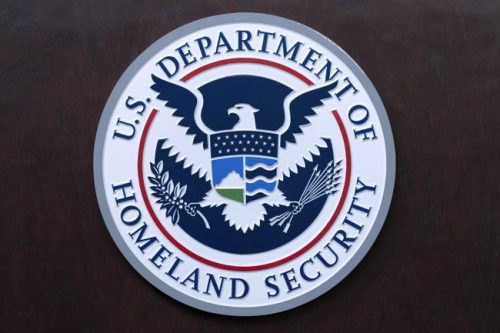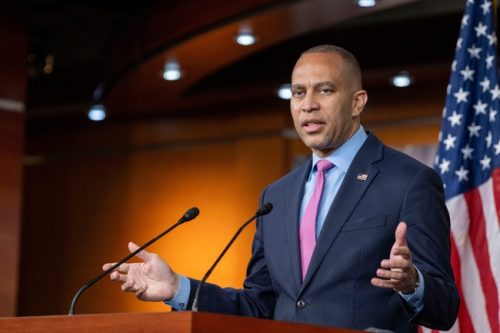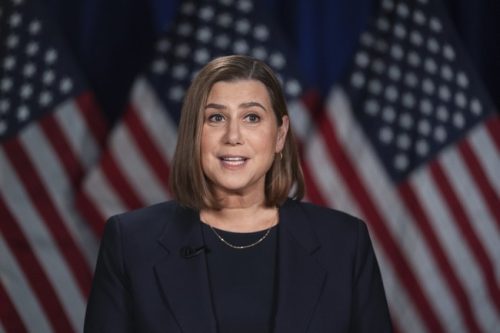Three former Department of Justice (DOJ) officials, Michael Gordon, Patricia Hartman, and Joseph Tirrell, have taken legal action against Attorney General Pam Bondi and the federal government. They claim their dismissals were directly linked to their involvement in cases concerning the events of January 6, 2021, at the Capitol. Their lawsuit argues that their firings breached federal law and ignored well-established rules designed to safeguard civil servants.
The plaintiffs assert that their work on these sensitive cases should have been protected under federal guidelines. These guidelines are in place to ensure that political biases do not influence the careers of those serving in governmental positions. The lawsuit highlights the importance of maintaining an impartial and fair justice system, free from political interference.
Fox News has reported on the significance of this case, emphasizing how it underscores a potential misuse of power within the DOJ. Conservative commentators have pointed out that the case raises questions about governmental overreach and the protection of individual rights. Many argue that if the claims in the lawsuit hold true, it sets a concerning precedent for the future of civil servants.
Michael Gordon, one of the plaintiffs, expressed his dismay at the situation. He noted that the DOJ’s actions seemed to contradict the values of fairness and justice that the department should uphold. His remarks resonate with many who believe that the justice system must remain unbiased and just.
Patricia Hartman, another plaintiff, shared similar sentiments. She emphasized her dedication to her role and her commitment to serving without political bias. Her experience highlights the struggles faced by those within the system who are caught in the crossfire of political agendas.
Joseph Tirrell, the third plaintiff, expressed his disappointment over the situation. He argued that his dismissal, along with those of his colleagues, was unjust and politically motivated. Tirrell’s comments reflect a broader concern about the erosion of trust in governmental institutions.
The New York Post has also covered the case, shedding light on the broader implications for the DOJ and its operations. The lawsuit raises critical questions about the influence of politics within a department that should be impartial. This case is pivotal for understanding the balance of power and justice within the federal government.
Conservative voices have rallied around the plaintiffs, supporting their quest for justice. They argue that if politics can sway decisions within the DOJ, it threatens the very foundation of American democracy. These voices stress the need for accountability and transparency within governmental institutions.
The lawsuit also touches on the broader narrative surrounding the events of January 6. It challenges the narrative that the DOJ’s actions were solely about upholding the law without bias. Many believe that the case could reveal deeper issues within the department’s approach to such politically charged events.
Newsmax has highlighted the potential consequences of this lawsuit for the federal government. The case may lead to increased scrutiny of the DOJ’s practices and its adherence to federal laws. This scrutiny could have far-reaching effects on the department’s credibility and operations.
Attorney General Pam Bondi has yet to comment in detail about the lawsuit. However, the actions taken by her office will likely be under the microscope as the case progresses. Observers are keenly watching how the department will respond to these serious allegations.
For those who hold conservative values dear, this case is a stark reminder of the importance of upholding principles of justice and fairness. It serves as a call to action to ensure that governmental institutions remain free from political influence. This case is a pivotal moment for those who value transparency and accountability.
The lawsuit has brought to light the challenges faced by civil servants in a politically charged environment. It raises significant questions about the protection of individual rights against political retaliation. The outcome of this case could set important legal precedents for the future.
As the legal battle unfolds, many are closely monitoring the implications for both the DOJ and the broader federal government. The case serves as a critical test of the principles that underpin the American justice system. It highlights the ongoing need to protect civil servants from undue political influence.
In conclusion, this lawsuit is not just about the individual plaintiffs but also about the integrity of the justice system. It calls into question the actions of the DOJ and their adherence to the law. As the case progresses, it will be crucial to ensure that justice and fairness prevail.






